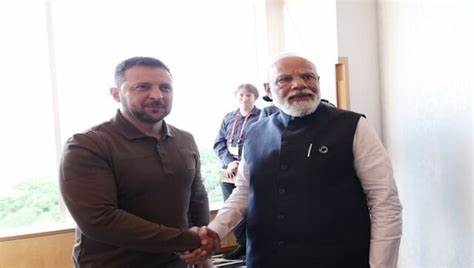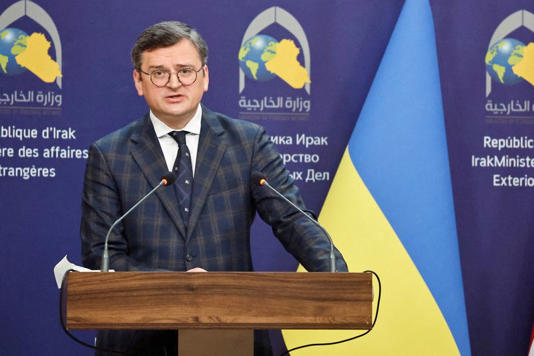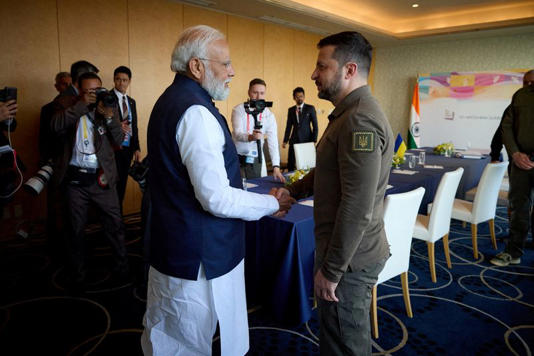

By Tom Balmforth
KYIV (Reuters) – Ukraine’s foreign minister began a tour of African countries this week, stepping up wartime Kyiv’s diplomatic push to challenge Russian influence in the “Global South” and cement the vision laid out by Ukraine as the only path to peace.
Top diplomat Dmytro Kuleba said his main priority was to get African countries to endorse President Volodymyr Zelenskiy’s peace plan as he travelled to Morocco on his second tour of Africa since Russia invaded in February last year.
“Important negotiations lie ahead with African leaders and business,” he wrote on Instagram, saying he aimed to win support for the uninterrupted flow of Ukrainian grain via the Black Sea and secure new openings for Ukrainian business.
The tour follows three days of diplomacy by Zelenskiy at the Arab League of Nations on Friday and then at a Group of Seven summit in Japan. As well as G7 leaders, he met those of India, Indonesia, Iraq and the Saudi crown prince during his travels.
Political analysts say Ukraine is accelerating its push to court the Global South – a term meaning Latin America, Africa and much of Asia – and that the effort has taken on greater importance as rival peace proposals to end the war in Ukraine have popped up in other capitals.
China, which has touted its own peace plan, sent a top envoy to Kyiv, Moscow and European capitals to discuss a “political settlement” this month. South Africa said last week Kyiv and Moscow had agreed to discuss a peace plan with African leaders. The Vatican also fleshed out a peace mission this month.
“The urgency is because of these peace plans which are popping up,” said Alyona Getmanchuk, a political expert who heads the New Europe Center, a think-tank in Kyiv.
“At some point, Ukraine realised that it had under-performed in the Global South for many, many years,” said Getmanchuk.
JULY PEACE SUMMIT?
Ukraine says Zelenskiy’s 10-point “peace formula”, which envisages the withdrawal of Russian troops from Ukrainian land, must be the basis for any settlement of the war launched by Russia.
Speaking at the G7 over the weekend, Zelenskiy proposed holding a global peace summit in July to promote the formula. Denmark’s foreign minister said on Monday that Copenhagen would be prepared to host it.
The minister, Lars Lokke Rasmussen, said it would be “necessary to build interest and involvement from countries like India, Brazil and China.”
While the West has poured military, financial and humanitarian aid into Ukraine, Russia has bolstered its relations with Global South powers during the war, including by selling more of its energy to India and China.
Russia has been nurturing ties in Africa for years and plans to hold an Africa-Russia summit in St Petersburg in July. Moscow’s veteran foreign minister, Sergei Lavrov, toured the continent last year and visited at least twice this year.
“There’s a growing realisation in Europe and Ukraine that there’s a risk that this war will come to be seen as essentially a European conflict that other countries don’t need to be concerned about and don’t need to condemn,” said Nigel Gould-Davies, an expert at the International Institute for Strategic Studies.
“What we have here is Europe and Ukraine responding to Russia’s concerted efforts to create a narrative in the world about the war that does not condemn the war and seeks to maintain a relationship with Russia,” he added.
Kuleba did not say which countries he would visit on his latest tour of Africa.
His first tour last October took him to Senegal, Ivory Coast, Ghana and Kenya before it was cut short when Russia launched a campaign of missile and drone strikes targeting critical infrastructure in the run-up to winter.
___
(Reporting by Tom Balmforth; editing by Christina Fincher)

